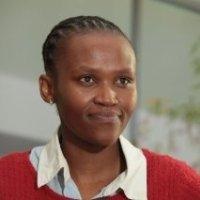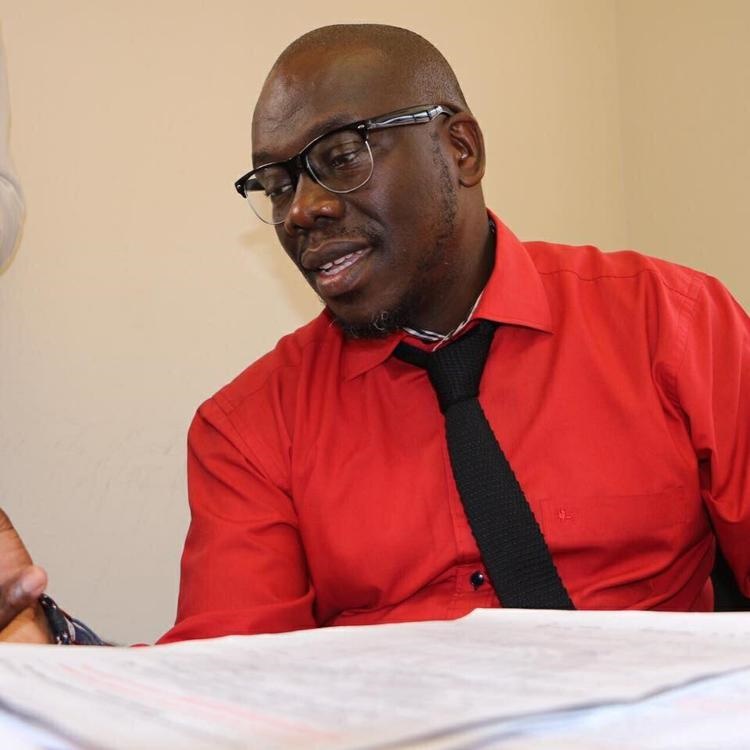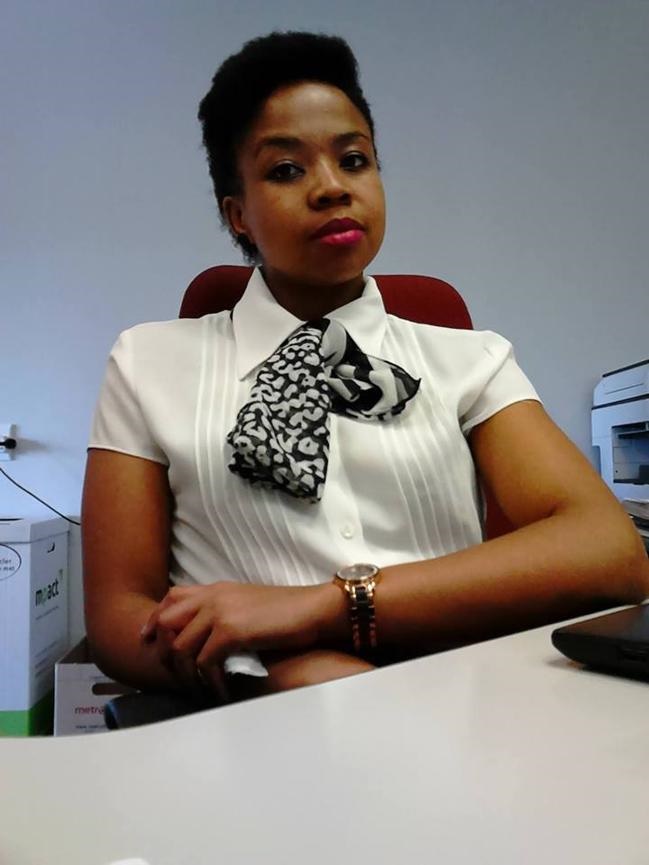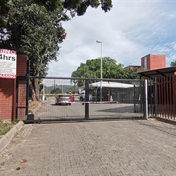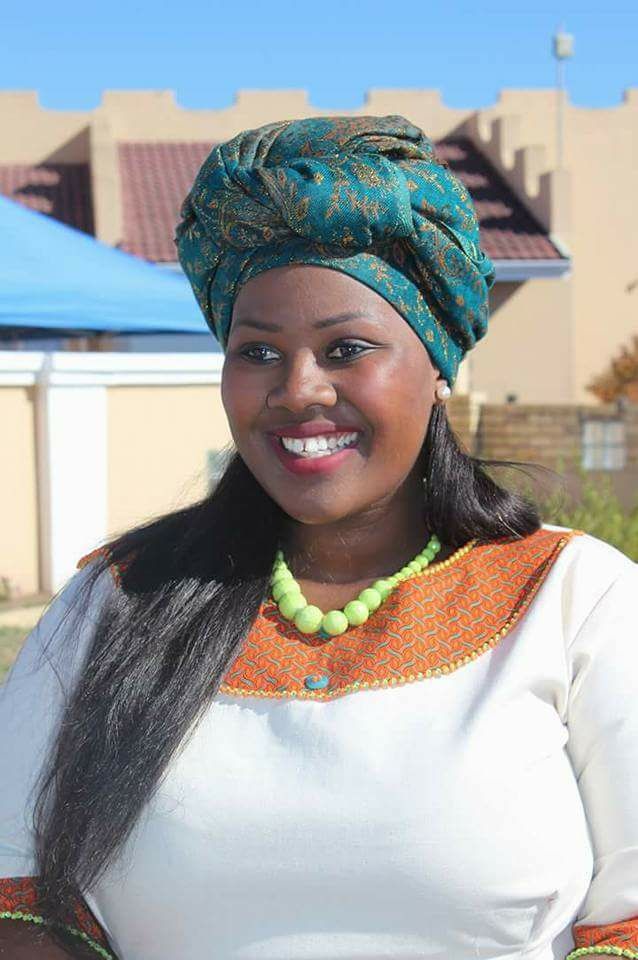
Many black parents are preventing efforts aimed at educating their children in their mother tongue out of fear that this will adversely affect their future job prospects, according to Pearson Institute academic Dr Nhlanhla Thwala.
Thwala was responding to a presentation made by his colleague Brian Wafawarowa, the executive director for learning services at Pearson, during Edu Week – a two-day sub-Saharan Africa conference on education in Johannesburg.
Wafawarowa tabled a paper on exploring the importance of teaching, reading and writing in a mother tongue to improve literacy and education outcomes, and argued that this would create a conducive learning process.
However, he explained that his paper was not advocating for English to be dumped.
He said studies showed that children who were introduced to their mother tongue in grades one to three and gradually introduced to English from Grade 4 performed better.
“Mother tongue usage can improve literacy in education and improve learning outcomes. The use of African languages can improve productivity in the workplace and enhance social cohesion.
“To achieve this, the role of African languages in education, society and the workplace needs to be affirmed beyond the education system,” Wafawarowa explained.
Thwala said: “This is an elephant in the room. Because of the country’s colonial past, parents still view English as the only language that will get their children into top jobs.”
He said the will of parents not to steer a school in this direction always won whenever thorough discussions about the topic took place in schools.
Status quo
City Press spoke to parents to find out what they thought about Wafawarowa’s call.
Monde Duma, whose wife took Gonubie Primary School in East London to court in 2012 over a language policy dispute to force the school to make isiXhosa an additional first language, said what happened in schools reflected power relations in society.
“In our case, there has never been an appetite to promote and develop our languages, even in this democratic dispensation.
“There is also a tendency for black parents to go along with the status quo by not advocating for meaningful change because of the energy and costs involved in pursuing such projects in an environment where the system is loaded against the black child and parent.”
He blamed former Model C schools, saying they manipulated the elections of school governing bodies, whereby a majority of white parents were elected into the body to defend the status quo.
“Later, the school governing body chairperson goes shopping for a pliant black parent who won’t challenge or advocate for the interests of the black child and parent, but will endorse decisions to legitimise those decisions in the eyes of all parents,” Duma said, adding that African languages were still not given the same status as English and Afrikaans.
“I actually would not blame a parent who thinks that these languages will not put bread on the table and allow their children to compete as equals in South African society.
“From a different perspective, they may be right because there is hardly anything in our society that has transformed – not our education or economy, and you cannot separate the two as they feed into each other,” Duma said.
Aretha Linden said she would like her children to be taught in isiXhosa, but, sadly, society was not so “welcoming” of non-English speaking people.
The standards set by society makes it hard for non-speaking English people to “make it”.
Scish Mtwesi said it was fruitless to learn an indigenous language because children might work in an environment where not a single person understood isiXhosa.
The Dumas lodged their court case at a time when a policy was being reviewed to introduce indigenous languages in schools.
Since then, Eastern Cape education authorities introduced isiXhosa and Sesotho as additional first languages in 372 former Model C schools across 22 districts.
Since 2012, Eastern Cape education department language policy manager Naledi Mbudeshale has spearheaded the project.
At the time, Mbudeshale noticed that former Model C schools’ governing bodies entrenched English as the language of instruction, learning and teaching, and relegated Afrikaans and isiXhosa to additional first languages.
The department provided schools there with a parallel option for a pupil to choose between the two, while English was treated as a home language.
Eastern Cape education spokesperson Malibongwe Mtima said that, after a successful pilot project, a decision was made to implement the changes.
Below, City Press spoke to parents to find out what they thought about Wafawarowa’s call.
TALK TO US
What should be done to protect and promote African languages in the education system? SMS us on 35697 using the keyword LANGUAGE and tell us what you think.
Include your name and province. SMSes cost R1.50




 Publications
Publications
 Partners
Partners




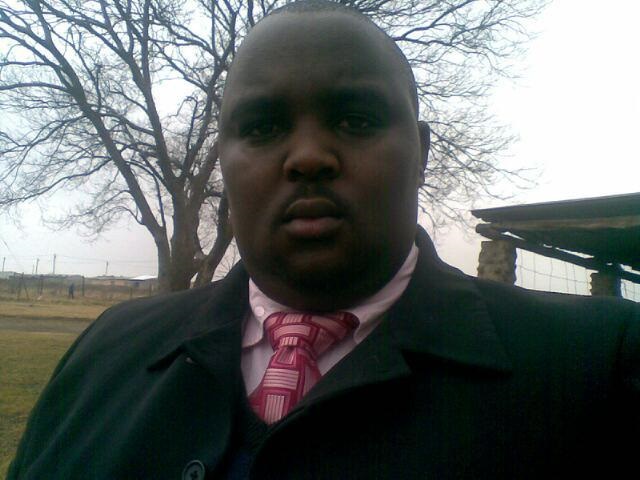
![Zusiphe Mtirara: I have a serious problem with our kids being taught in their mother tongue. Yes maybe they understand better and faster than they do in English but what is the use if they are not going to do anything with it? My son for example is being taught everything in isiXhosa, if you speak of “minus” in maths that’s foreign because he knows “thabatha”. If that is the kind of education he will get in the next nine years will he ever be able to compete with other kids at varsity level? Will he ever be able to present his ideas to the masses? No because instead of learning what he is supposed to learn he will be learning the language. With that said though, I believe as parents we have a responsibility to ensure that our kids know who they are and are not ashamed of it kulo [during] in the process, we should not let the system mislead us. Makuthethwe ulwimi lwenkobe ekhayeni [Indigenous languages must be spoken at home].](https://cdn.24.co.za/files/Cms/General/d/5567/172abbe24c2245348dd6265c00db3f87.jpg)
